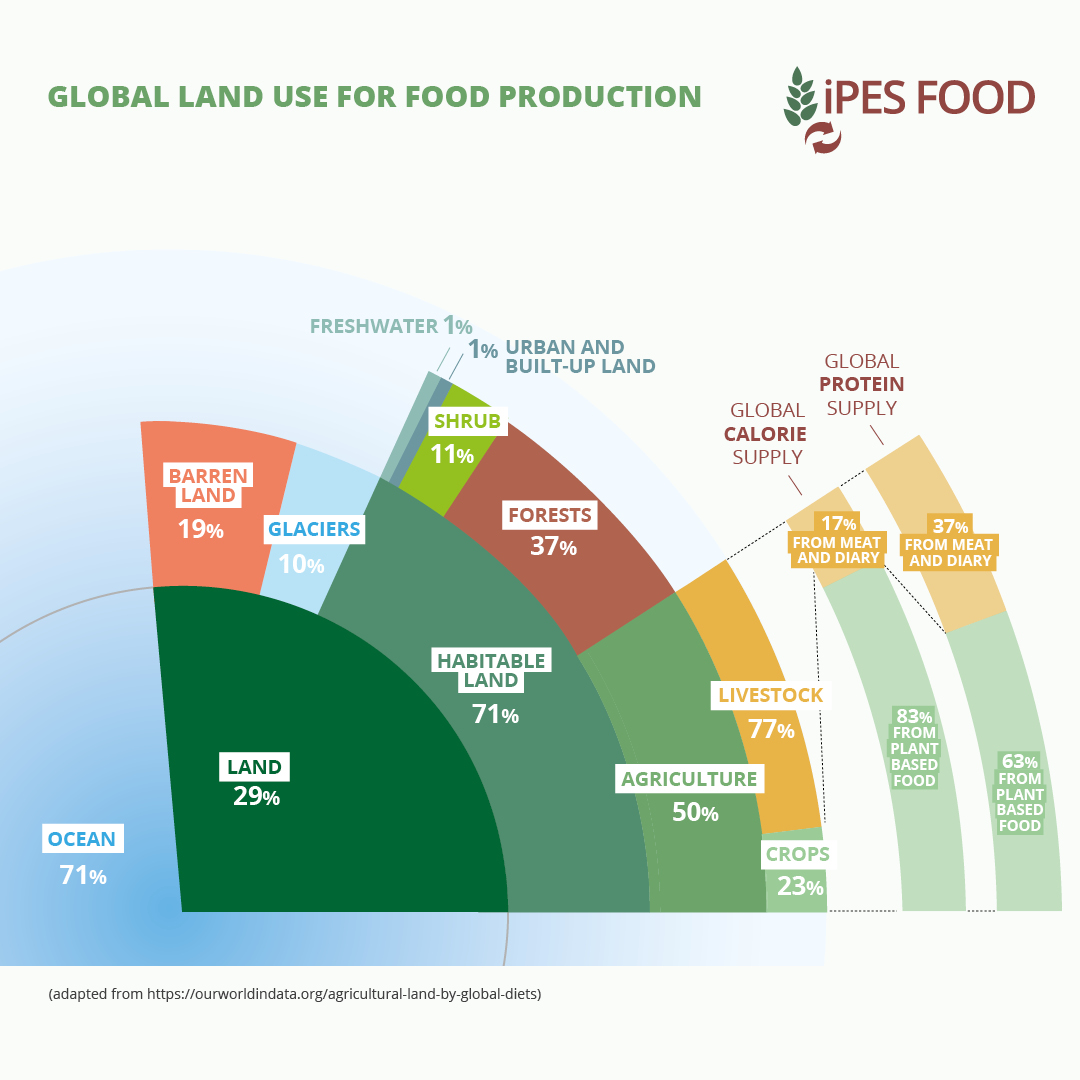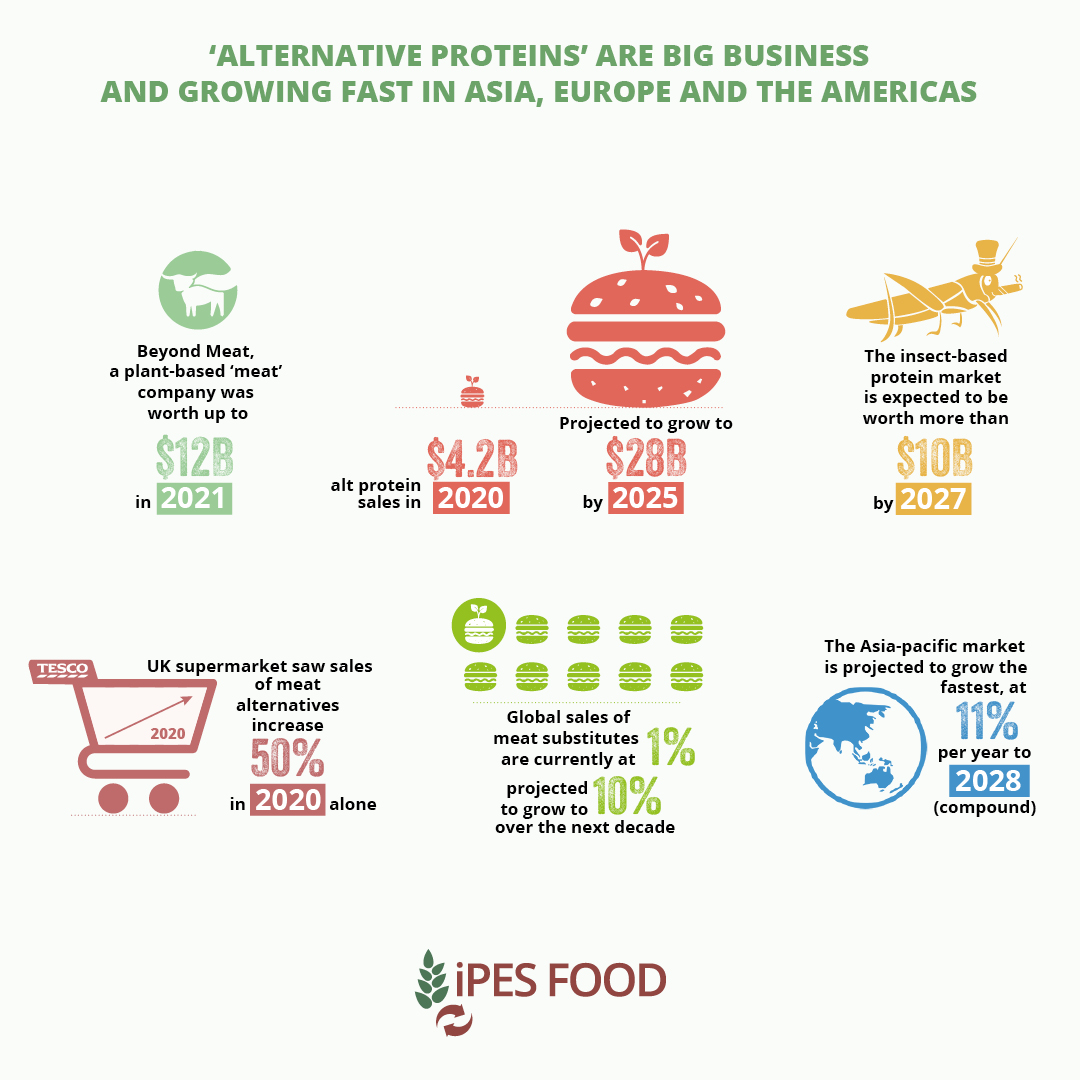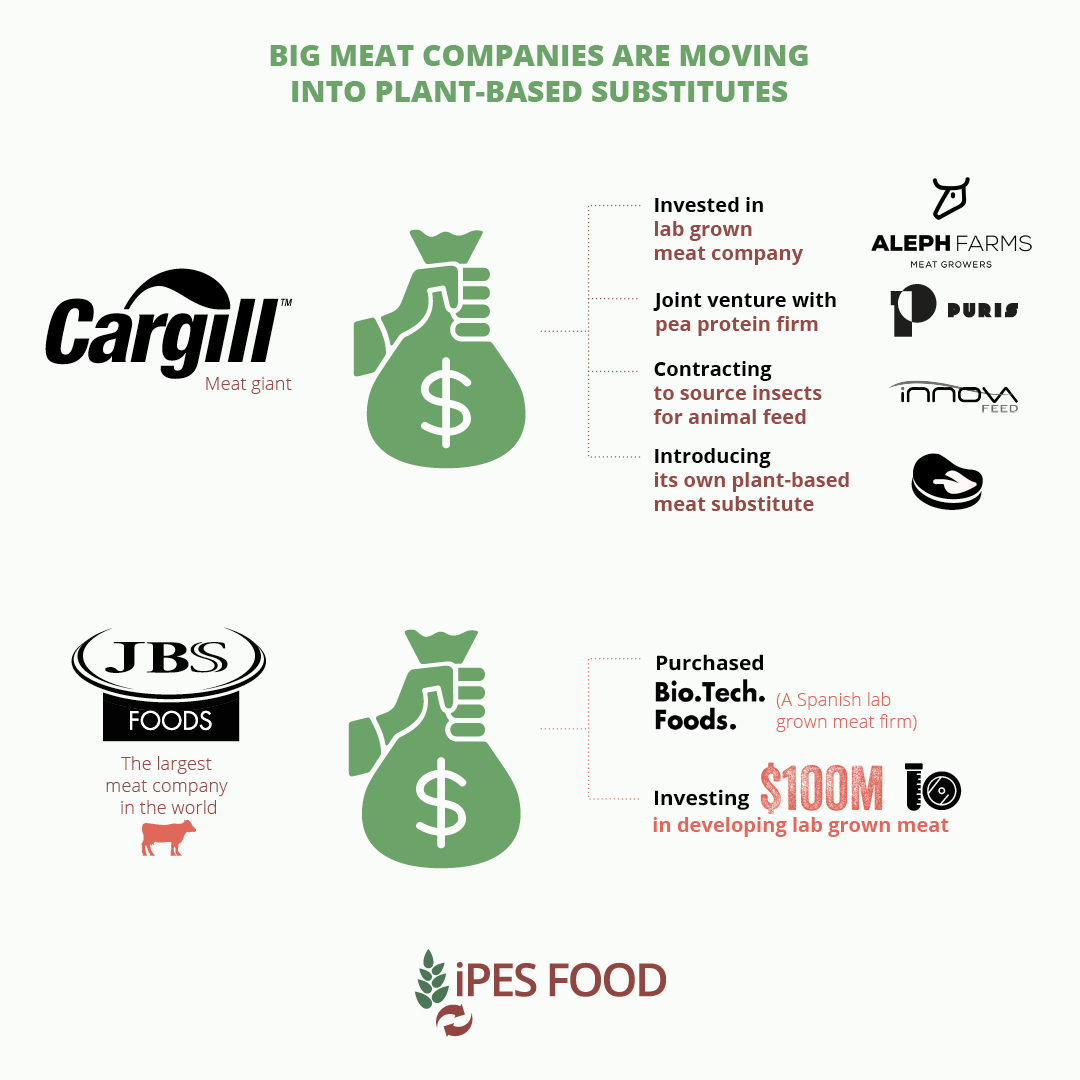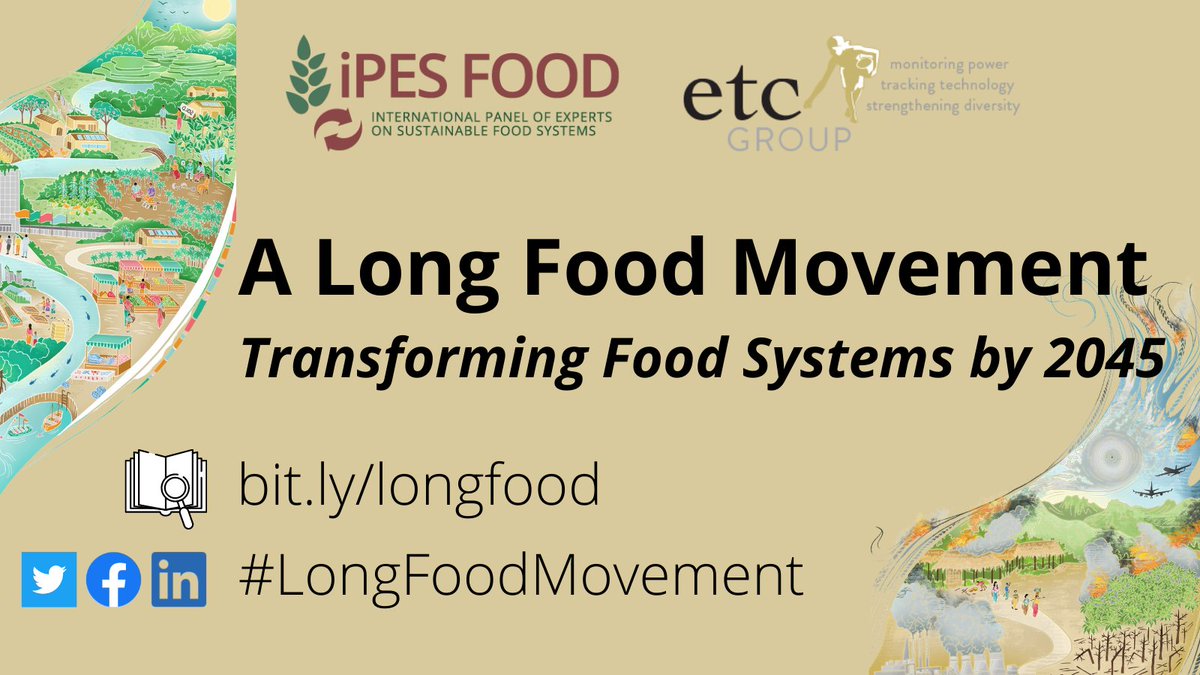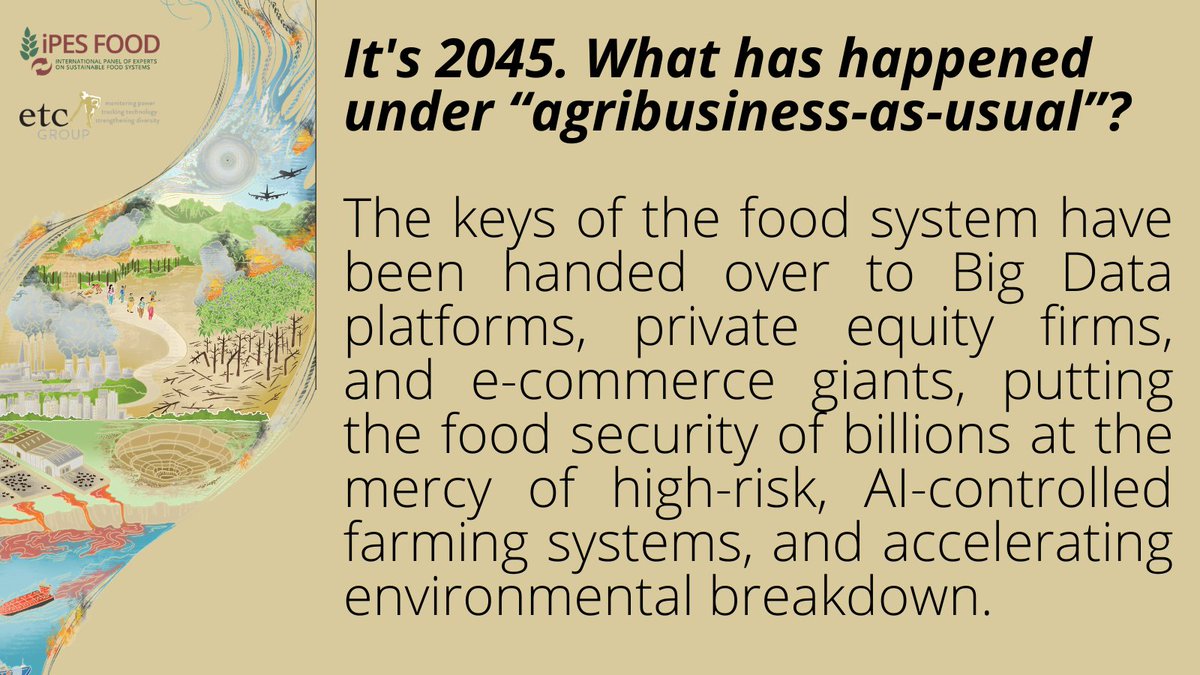IPES-Food co-chair Olivier De Schutter spoke with the EU's Horizon Magazine on the paradox of a #food system that continues to marginalise many food producers.
"We need to give them back their voices" - @DeSchutterO
"We need to give them back their voices" - @DeSchutterO
https://twitter.com/HorizonMagEU/status/1305815243315195907
"In the last 40, 50 years, we’ve been making choices in terms of agricultural and research and development policies that have sought to improve the efficiency of @FoodSystems at the expense of small-scale farms and local #foodsystems."
"By prioritising economies of scale, large-scale #farms and thus the ability to mechanise, long supply chains, and encouraging the division of labour between regions and countries, we have marginalised many actors in the food system." - @DeSchutterO.
horizon-magazine.eu/article/post-c…
horizon-magazine.eu/article/post-c…
• • •
Missing some Tweet in this thread? You can try to
force a refresh






